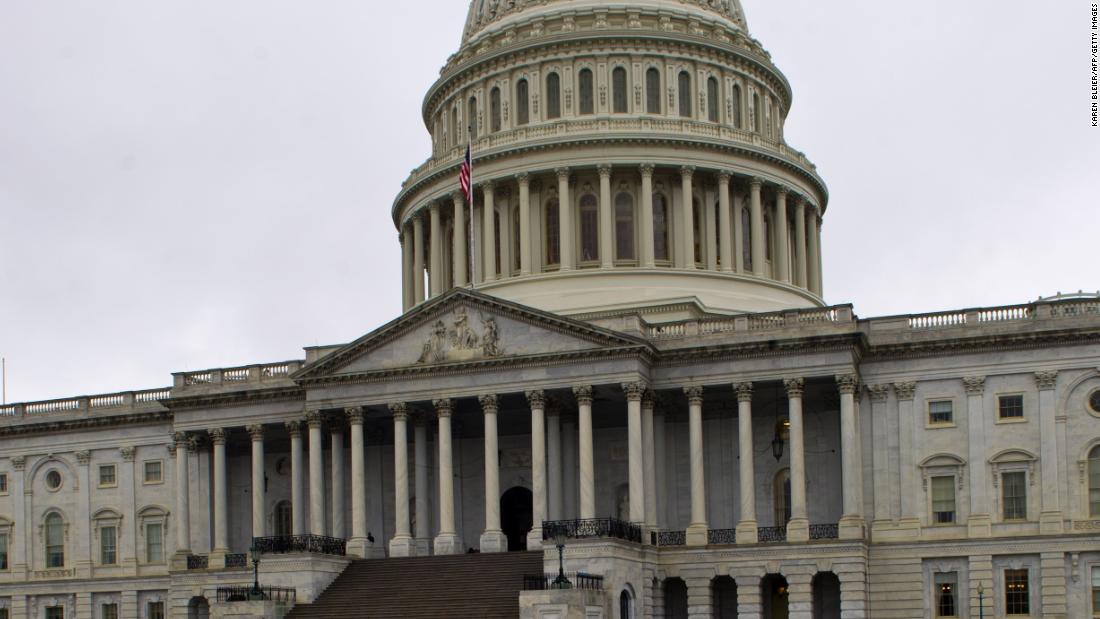
This is the widest margin of support for Democrats in a midterm cycle since 2006, when at this point, the party held a whopping 21-point lead over Republicans among likely voters. That's also when Democrats seized control of the House from Republicans, making Nancy Pelosi speaker until 2011.
This year, Democrats' enthusiasm about their congressional vote has increased and 62% now say they're extremely or very enthusiastic to vote, up seven points since September among Democrats and Democratic-leaning independents. Among Republicans and Republican leaning independents, enthusiasm has remained relatively steady, going from 50% in September to 52% in the most recent poll.
Democratic enthusiasm this year is more intense than it has been in previous midterm cycles, which typically engage voters less than presidential years. The 40% who call themselves "extremely enthusiastic" is the highest share to say so in a midterm election cycle since CNN first asked the question in 2009.
In fact, Democrats' enthusiasm today more closely resembles the 2008 presidential election. Just before President Barack Obama was elected, 45% of Democrats and Democratic-leaners said they were extremely enthusiastic about voting that November. In 2008, Democrats won eight seats in the Senate and 21 in the House, as well as a victory in the presidency.
Strong support for Democrats among women
Women's support for Democratic candidates remains extremely strong; 63% of women say they'll vote for the Democrat and only a third say they'll vote for the Republican. Men are more closely divided, but tilt in the opposite direction, with half backing the Republican and 45% behind the Democrat.
If women were to vote as the likely voter number suggests, it would be Democrats strongest performance in the House race in the history of modern exit polling (back to 1976). The previous record for women voting Democratic was in 1982, when Democrats got the nod of 58% of women voters.
Women are not significantly more enthusiastic to vote than men: 57% are extremely or very enthusiastic compared to 53% of men. This is, however, a shift from what we usually see in a midterm election year. In 2010 at this point, 46% of women voters were enthusiastic about voting in the midterm election vs. 54% of men. In 2014, a very low turnout year, 32% of men were enthusiastic compared to 28% of women.
Republicans are winning the expectations game
But for all the good signs in this poll for Democrats, they have not made gains in the expectations game. Half of Americans (50%) say they expect Republicans to remain in control of Congress after the elections, while just a third think Democrats will win control (34%), down from 40% who thought they'd take over Congress in an August survey.
On balance, more say the country would be better off if the Democrats take control of Congress (38%) than say it would be worse off (32%). But that gap has narrowed since September, when 40% thought the country would be better off under Democratic control and 28% said it would be worse off. About a quarter in both polls said it didn't make a difference.
Either way, Americans aren't much impressed by Congress as it is: Just 17% say they approve of the way Congress is handling its job, the worst rating (by one point) of Donald Trump's presidency.
When asked which party would handle important issues better, Democrats hold the edge on two of three critical campaign issues. Americans largely trust Democrats over Republicans on handling health care, 54% to 36%, and immigration, 49% to 42%. Republicans have the edge on the economy -- 48% favor them on that issue vs. 42% who prefer the Democrats.
Beyond the big three, Republicans have an advantage on national security (50% say Republicans would handle it better, compared to 39% who prefer Democrats). Democrats hold the advantage on handling issues of sexual misconduct (51% to 30%) and the investigation into Russian meddling in the US election (50% to 34%). On the federal budget and gun policy, Americans split between the two parties. On gun policy, that's a shift away from Democrats, who held a 48% to 40% advantage in a March CNN poll.
Both Democratic and Republican Party favorability ratings have stayed about the same since May. In the new poll, 46% have a positive view of the Democratic Party and 45% have a negative one. Republicans fare a little worse, with 40% holding a favorable view and 52% thinking of them unfavorably.
The CNN Poll was conducted by SSRS October 4 through 7 among a random national sample of 1,009 adults reached on landlines or cellphones by a live interviewer. Results for the full sample have a margin of sampling error of plus or minus 3.8 percentage points.
No comments:
Post a Comment